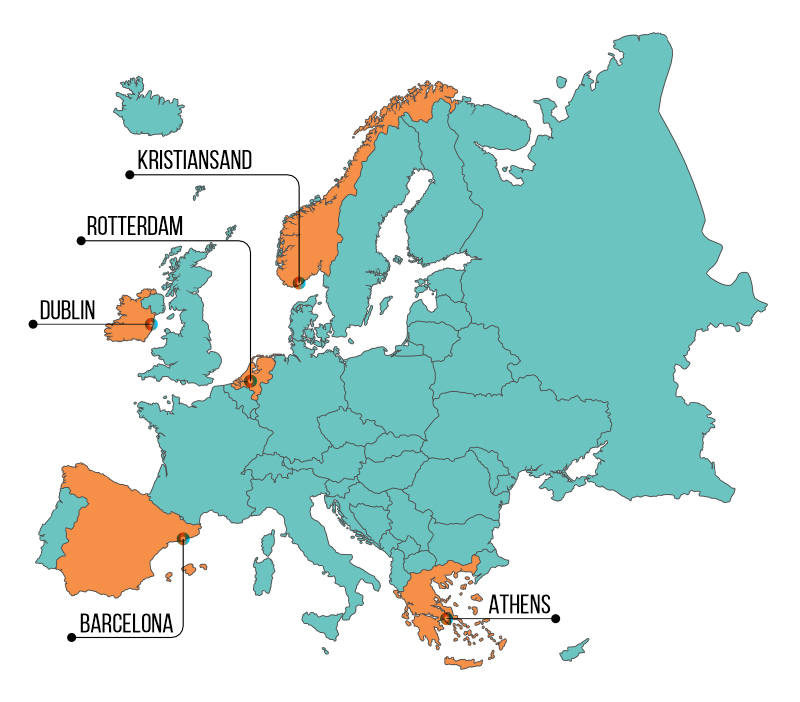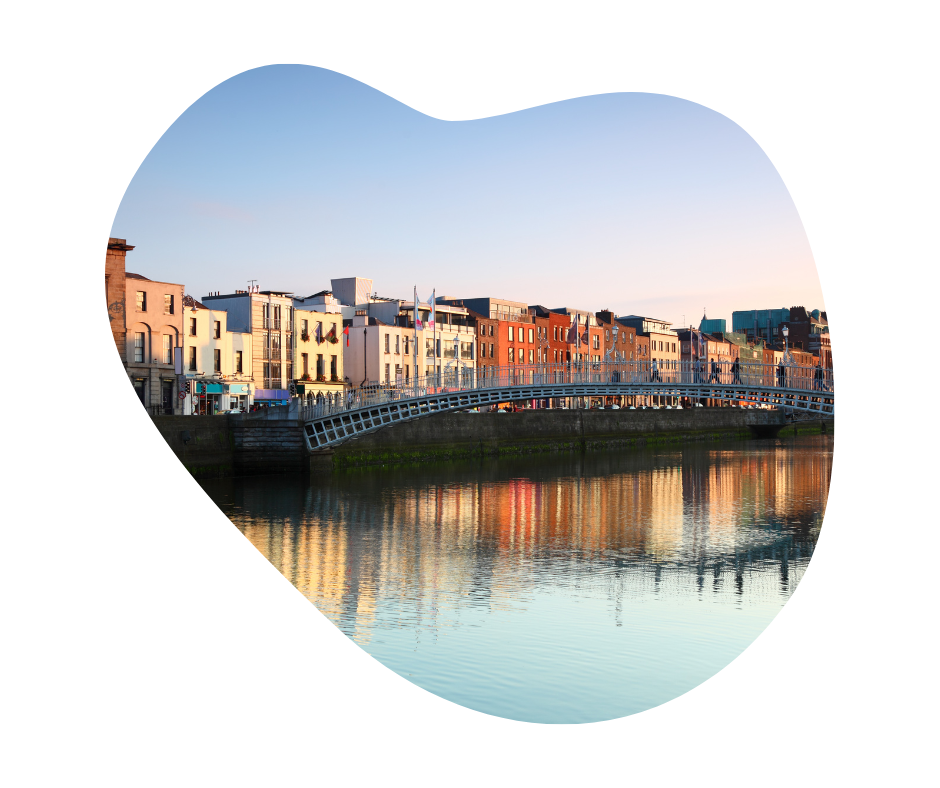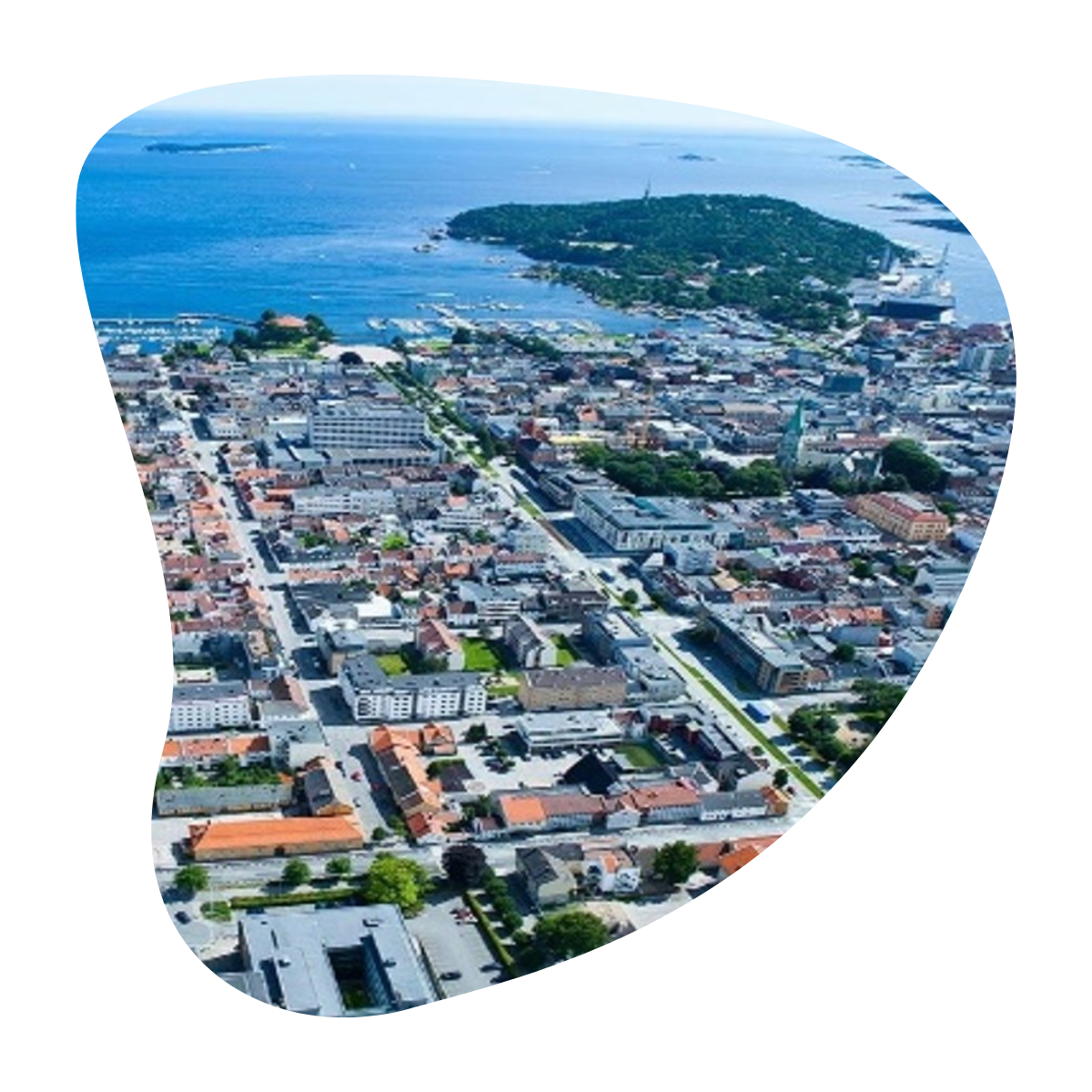Frontrunner Cases are established Citizen Observatories in five cities — Athens, Barcelona, Dublin, Kristiansand, and Rotterdam — that have been actively working with CitiObs since the project began.
These Citizen Observatorieshelp drive CitiObs forward by testing tools, sharing local insights, and helping refine methods based on real-world experience. Over the past years, they contributed to mentoring sessions and workshops, and piloted toolkits. The lessons learned and co-developed resources are being integrated into the CitiObs Knowledge Platform and Cookbook to support new COs and cities across Europe.

Athens, the capital of Greece and part of the Attica region, is a city grappling with multiple environmental challenges. While it experiences moderate air quality, it also faces extreme heat waves, flooding, and noise pollution. Despite these challenges, Athens has a strong foundation in citizen engagement, having previously participated in various Citizen Science initiatives.
-
Our engagement in Athens began in January 2024 with the organization of a Mutual Learning Workshop. This event brought together participants from several Citizen Observatories to foster connections, understand local challenges, and explore opportunities for collaboration.
As a result of this workshop, a partnership was formed with Urban Heat Watch, an initiative committed to creating a vital knowledge hub on Urban Green Spaces, urban heat, and climate resilience. Its mission is to design collaborative strategies, projects, and policies that strengthen Urban Green Infrastructure, paving the way for equitable climate adaptation. Urban Heat Watch is led by the Agricultural University of Athens, in close collaboration with the Region of Attica, and brings together diverse stakeholders to promote sustainability and community-driven climate action.
You can find more information about Urban Heat Watch here.


Barcelona, the capital of Catalonia and one of Europe’s most cultural cities, is facing increasing challenges related to urban noise pollution, particularly in lively public spaces. While renowned for its creativity, heritage, and active civic life, the city is also committed to environmental innovation and inclusive urban governance.
-
Our engagement in Barcelona in the initial phase has been centered around Plaça de la Virreina, where, in collaboration with the LabCSU Citizen Observatory, the project supported with tools for citizen-led activities for maintaining the square’s dynamic social atmosphere and reducing noise-related disturbances for local residents. The initiative is organised within the framework of the TANIA project, led by Lichen Social Innovation and ISGlobal, with Fab Lab Barcelona / IAAC acting as the CitiObs contact point.
Residents have been directly involved in collecting and analyzing noise data, sharing personal testimonies, and co-designing creative interventions. Through a combination of community surveys, an open call for ideas, and support from the Distributed Design Platform, the process has fostered collaborative and creative solutions to tackle noise pollution in the area.
You can find more information about LabCSU Citizen Observatory here.
You can find more information about the Barcelona Frontrunner case activities in the following blog posts:
Identifying local challenges and fostering collaboration with Citizen Observatories in Barcelona
Citizen-led interventions to reduce noise by the Frontrunner case in Barcelona
Dublin, the capital of Ireland and part of the EU’s “100 Climate-Neutral and Smart Cities by 2030,” faces challenges related to traffic, air quality, and urban liveability. Coastal flooding also threatens key infrastructure such as train lines and water treatment facilities. The city is empowering communities to monitor air pollution, weather, and environmental risks, and to support climate resilience






Rotterdam is a vibrant and diverse city, renowned for its modern architecture and status as home to Europe's largest seaport. As the second-largest municipality in the Netherlands, air quality has become an important concern for Rotterdam. This has inspired the creation of 'the Luchtclub', Europe's largest municipal air quality citizen science project, through which 600 air quality sensor kits have been deployed across Rotterdam.



Situated in the south of Norway by the sea, Kristiansand is the sixth-largest municipality by population in the country and is an attractive industrial hub. Kristiansand has a strong foundation in citizen engagement, having previously participated in various Citizen Science initiatives. Traffic is the main source of pollution.
CitiObs Frontrunner Case in Kristiansand is about industrial emissions affecting neighborhoods close to the plant. Here, a neighborhood association (Fiskåtangen Vel) is working with us and the municipality to reduce emissions.








